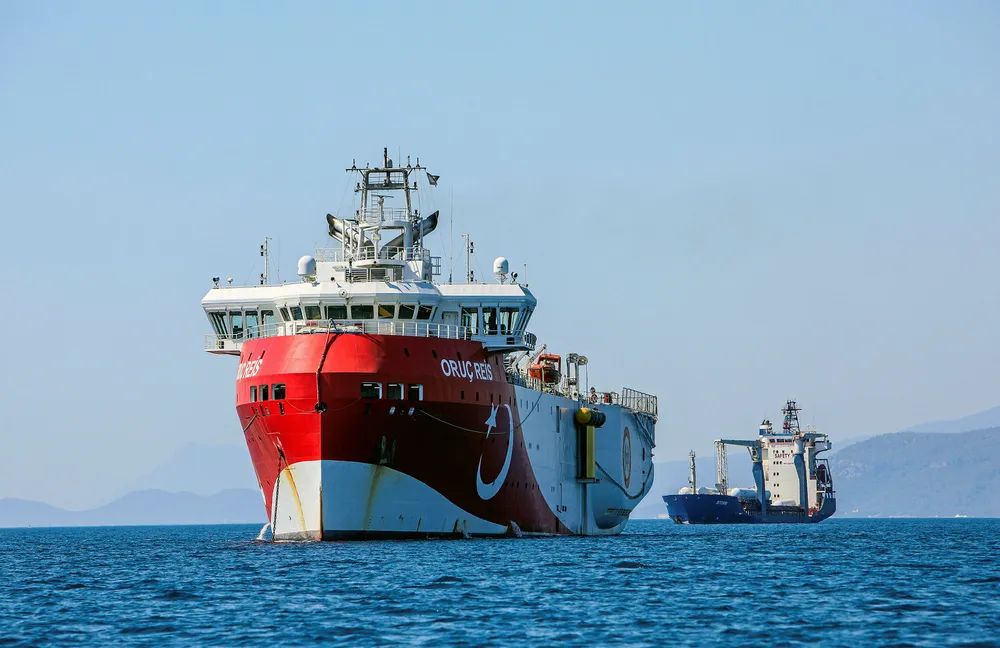Turkey slammed over new East Med push
US and Germany denounce Ankara for resuming controversial exploration in East Mediterranean, saying negotiated settlement with Greece is way forward

US and Germany denounce Ankara for resuming controversial exploration in East Mediterranean, saying negotiated settlement with Greece is way forward
